UK Artists 1998-2017
The UK Artists: 1998 – 2017
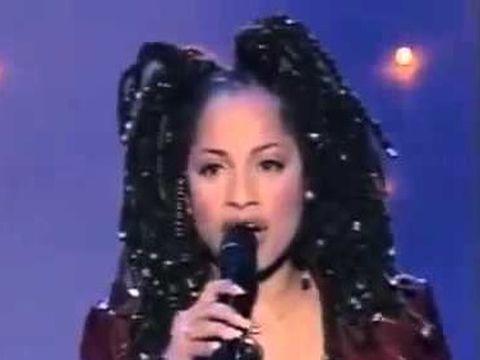
1998 Where Are You – Imaani
1998 saw the UK defending it’s title in Birmingham and in a relatively close four way vote Imaani saw off her rivals, which included “I’ll Never Be Lonely Again” by Sapphire, which went on in remix form to become a club hit around the world. Imaani Saleem almost pulled off a second straight victory in a very close contest in Birmingham as she finished just a few points behind Israel’s Dana International. She returned to the top twenty a year later on a collaboration with Tru Faith & Dub Conspiracy and has sung with jazz soul band Incognito. The last three years had seen “The Great British Song Contest” produce a winner, a runner-up and a worldwide smash single. Little did we know what lay around the corner.
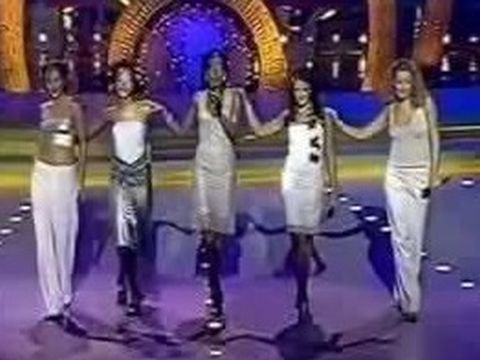
1999 Say It Again – Precious
1999 saw the same format but a return to the title “A Song For Europe”. By now the four song final had been shunted to a Sunday afternoon slot. What a sad demise. In the closest race for several years Precious R&B lite just edged out Alberta’s similar effort and Sister Sway’s more traditional Euro-pop. One of the semi-finalists “Fly” by Cheryl Beattie went on to become a club hit in remix form. Precious, a five girl soft-spice combo were created a year before their contest, but sang rather poorly in Jerusalem, yet got a UK top ten hit out of it and more hit singles followed over the next eighteen months. At this point they went their own ways. Jenny Frost left them to join Atomic Kitten.
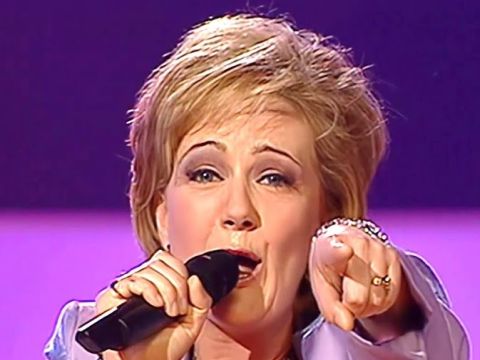
2000 Don’t Play That Song Again – Nicki French
Dance music favourite Nicki French won the 2000 SFE, one of those she beat being American singer Catherine Porter, who is now a member of the Brian May Band. Controversy surrounded the song that came second, “Only The Women Know” by SixChix. Show promoter Jonathan King was supposed to be impartial, yet managed to secure TV exposure for the track in the period before the contest without going to the same lengths for the competition. The song did become a minor top 75 hit. Nicki had a top five hit on both sides of the pond with her hi-nrg cover of Bonnie Tyler’s “Total Eclipse Of The Heart” though the follow-ups just missed out on the top forty. Her Euro song was penned by two ex members of the Glitter Band, and though it fell flat in Stockholm, Nicki regularly performs it.
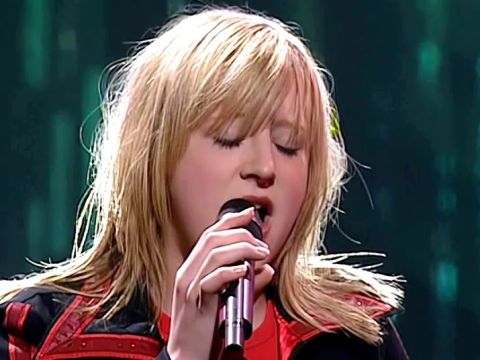
2001 No Dream Impossible – Lindsay Dracass
The 2001 SFE was noteable for the presence in the final of a popular Swedish singer Nanne Gronvall with her song “Men”. Nanne was part of the group that came third in the contest for Sweden in 1996 and has been a regular in the Swedish selection, but against many expectations she came last of the four finalists, maybe because her nationality was heavily emphasized in the broadcast. The contest was won by Lindsay D, whose battle with the long high note at the end of “No Dream Impossible” is perhaps the enduring memory of SFE 2001.One of the eliminated semi-finalists, “To Die For” by Luke Galliana, entered the top 75. Sheffield schoolgirl Lindsay had sung backup on tour with Paul Carrack, and was so young that the BBC needed a special licence for her to sing in Copenhagen! She married in 2007 and latest reports suggest that she is once again touring with Paul Carrack.
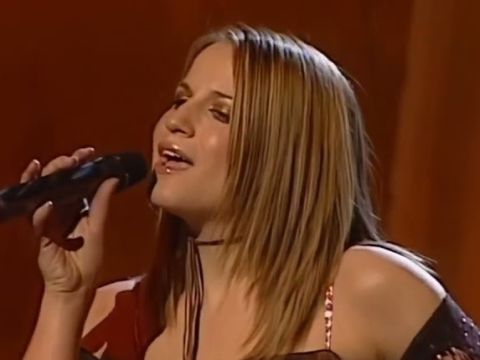
2002 Come Back – Jessica Garlick
2002 saw a quite remarkably starry final, at least by recent standards, and looking back it’s hard to see why, but it made for an enjoyable SFE. Pop Idol finalist Jessica Garlick won of course (and went on to bring the UK by far it’s best result of the decade), but her opposition included Heartbeat’s Tricia Penrose and a makeshift group Surf ‘N’ Turf which included television journalists Matt Allwright and Jonathan Maitland. Jessica was in the final ten of the first Pop Idol series and that quality shone through in the contest itself as Jessica claimed joint third place. To place in context: only one other UK entry in the 21st century has even made the top ten and many have graced the very last places.
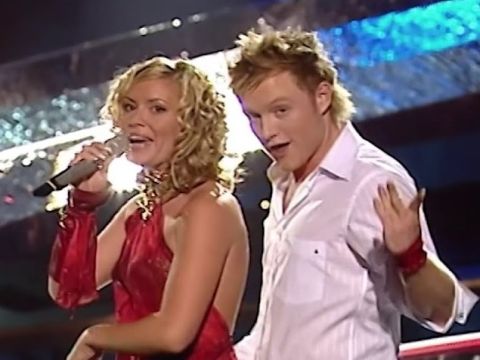
2003 Cry Baby – Jemini
By contrast in 2003 we were back to list of unknowns contesting the event, yet it was still quite interesting. A song called “Wait For The Moment” by Esther Hart made it through the semi-final, but then Esther went and won the national final in her native Netherlands so pulled out of the SFE final. Her song was retitled and given to Simon Chapman, who came a resounding fourth of four in the final. “Cry Baby” came through the semi-final as performed by “Tricity” but then one singer quit and thus Tricity became the infamous Jemini. The songs were voted on by televoting but these were collated by region and converted into regional points. Jemini gained a narrow victory over Emily Reed’s “Help Me”, but as Reed got the top vote from the most highly populated regions of the UK there has long been speculation that she got more votes countrywide than Jemini, although this has never been confirmed.
Liverpool duo Gemma Abbey and Chris Cromby met at stage school and their perky song won the Euro ticket, yet came to grief in Riga. The song did go on to make the UK top twenty and their good humour through this episode was commendable.

2004 Hold On To Our Love – James Fox
After the debacle of Jemini’s “Nul Points”, by 2004 the BBC were again ready for a root and branch change to the selection process. Sunday afternoon “A Song For Europe” was dispensed with, to be replaced by a return to Saturday evening prime time, and a contest rebranded as “Making Your Mind Up”. The new format featured Terry Wogan and a female presenter, televotes rounded up regionally, and a baying audience of Eurofans. So really not too much different then… the contest certainly had higher production values than of late but the songs remained anonymous and lowkey. Pop Idol finalist James Fox carried the day but it was clear that the new format was not near unearthing a Eurovision winner. James was fifth in the BBC’s Fame Academy in 2003 and at the contest he finished sixteenth which wasn’t great but was a decent result in hindsight. James has continued to be active on the music scene, most specifically in his native Wales.
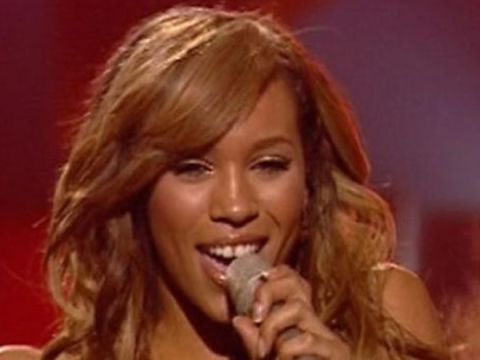
2005 Touch My Fire – Javine
The same format was kept for 2005 except with one song fewer. The regional televotes were supplemented by SMS and internet voting. The main focus was the bitter rivalry between winner Javine and a very pregnant Katie Price a.k.a. Jordan. 1996 winner Gina G returned, but with a far inferior song trailed in last. Javine Hylton made the latter stages of Popstars:The Rivals and was an inch from making the line-up of Girls Aloud. She then embarked on a solo career and edged out Katie Price (Jordan) to win the UK final. At the contest she was cursed by a bad draw and a slew of similar sounding songs. Javine is now a mum but continues to record.
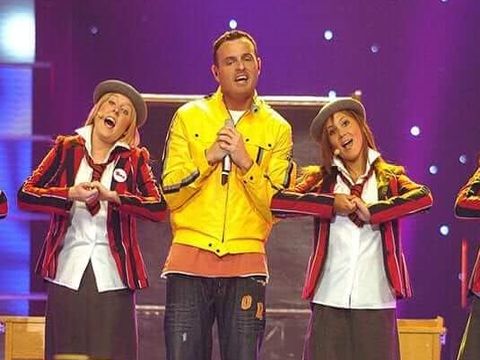
2006 Teenage Life – Daz Sampson
2006 saw a return to six songs and a few more “famous” faces, as Kym Marsh (ex-Hear’say and now in Corrie) and Antony Costa (ex-Blue) were highly touted. The latter scored well but not enough to top Daz Sampson’s classroom rap. Daz is a successful DJ and remixer whose creations for faceless dance acts like United Nations attained great success in the UK charts. For Eurovision he created a quite different sound with a pop rap accompanied by a school girl choir. Yet again rap flopped at Eurovision but Daz is still going strong.
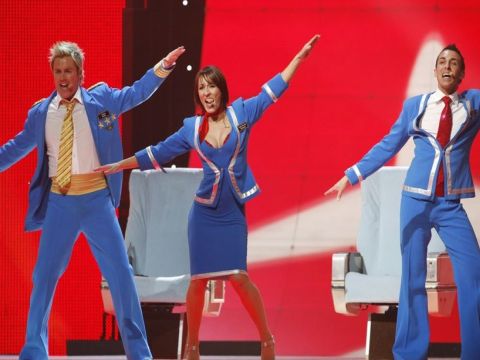
2007 Flying The Flag – Scooch
By 2007, it could be said that while the “Making Your Mind Up” format hadn’t reversed the UK’s fortune at the contest (quite the opposite), it was creating winners likely to crack the top ten of the singles chart. This years final saw more ex-band members, including Liz McClarnon of Atomic Kitten and Brian Harvey from East 17. They were joined by R&B band Big Brovaz and Justin Hawkins of the Darkness. Yet all were trumped by a reformed Nineties power-pop quartet. Scooch were created in the late nineties pop boom and were a poor mans Steps (sort of) and notched up a handful of top ten singles, then went their separate ways. They re-united in original line-up for Eurovision and despite flopping they did achieve the first UK “twelve points” since 2002 (from Malta). The national final was also notable for a rare blooper by the late great Sir Terry Wogan as he announced the wrong winner.
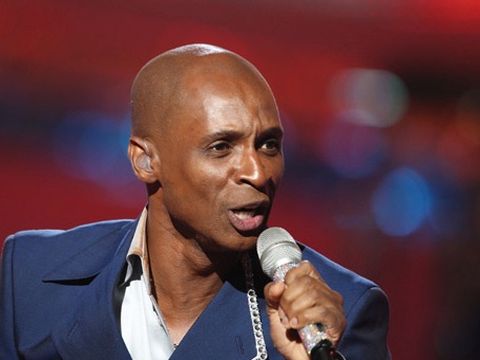
2008 Even If – Andy Abraham
2008 saw a revamp in title to “Eurovision: Your Decision” and a series of head to heads decided by a small panel of so-called “experts”. Soap star turned singer Michelle Gayle and reality star Simona Armstrong were selected by the panel (the latter ahead of fellow casting show entrant Rob McVeigh) but the public overlooked them all in favour of panel reject Andy Abraham. Andy was a narrow runner-up in the 2005 series of X Factor and after a successful album he threw his hat into the Eurovision ring in 2008. He pipped Michelle Gayle to win the ticket to Belgrade where he finished equal last, a result which was enough to prompt the late Sir Terry Wogan to quit the contest for good.
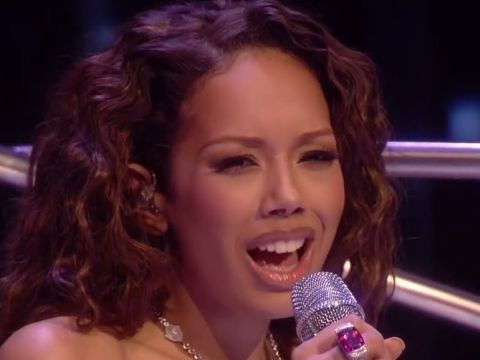
2009 My Time – Jade Ewen
Andy’s last place prompted more navel-gazing and the procuring of Sir Andrew Lloyd-Webber to compose the 2009 UK song, albeit from a field of inexperienced singers. The selection process took place over five BBC1 Saturday night shows, which brought great exposure for Eurovision. What wasn’t clear beforehand though, was that Sir Andrew was given carte-blanche to bring in a protege who bypassed the entire audition process, then rather unsubtley stage-manage the entire series to ensure that his act won the competition!. A dark day in British Eurovision history and hopefully one not to be repeated. Jade’s somg was actually co-written with the legendary Diane Warren and saw a return to form for the UK with fifth place at Eurovision. Jade of course later went on to become a Sugababe.
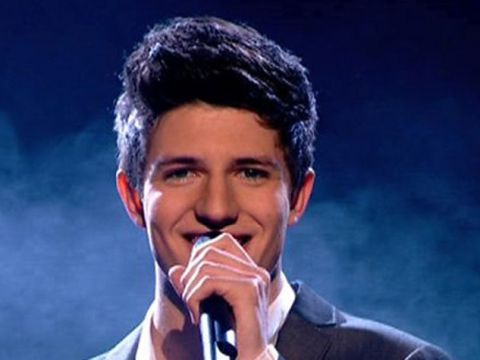
2010 That Sounds Good To Me – Josh Dubovie
n 2010 the BBC decided once more to procure the services of a famous songwriter, then stage a show to choose the singer. This time it was 80s pop Gods Mike Stock and Pete Waterman. However the selection show itself was relegated from a Saturday prime-time series to a ninety minute show where three of the six budding artists were eliminated before the rest were put to the public vote after delivering the song. The public voted for Josh from Basildon to perform the UK entry in Oslo. Despite his brave efforts 2010 saw the UK return to the bottom. Josh is now performing as Josh James.

2011 I Can – Blue
Three of the four lads in Blue had been involved in UK Eurovision before, either as UK final singer, songwriter, or UK vote announcer so their selection was not a total surprise, unlike the decision to give the UK public no input. A triumph in ratings for the Beeb but less so on the scoreboard on the night.
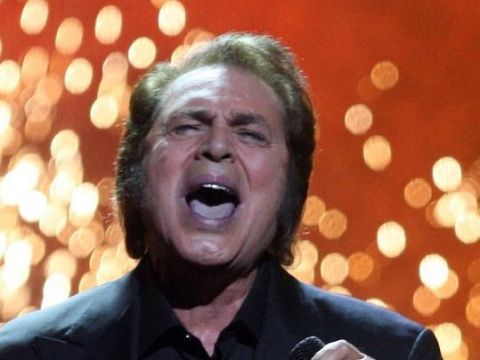
2012 Love Will Set You Free – Englebert Humperdinck
Again the BBC gave viewers no say in any aspect of the UK entry. Mr Humperdinck is a true popular music legend and the BBC have claimed quite a media coup (which seems to be their objective these days). Sadly, a gentle song and a rubbish draw saw the song finish 25th of 26 in Baku.
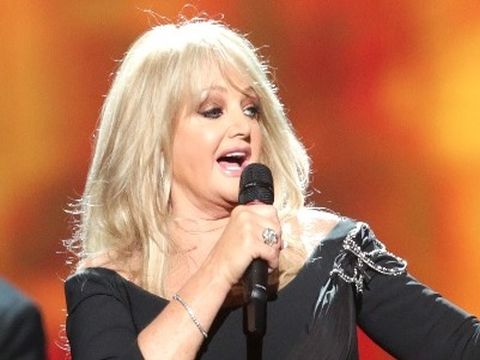
2013 Believe In Me – Bonnie Tyler
Rumours were rife in Eurovision off-season that the BBC would revert to some sort of selection process for 2013 after the Hump got dumped, but BBC budget realities won the day, with a third consecutive internal selection and a second “golden oldie” in a row. A slight improvement from the year before.
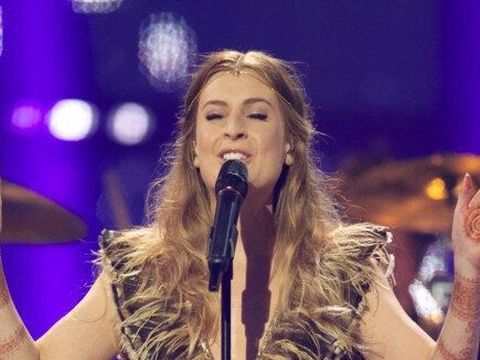
2014 Children Of The Universe – Molly Smitten-Downes
A message appeared on the BBC Eurovision site at the end of February heralding a “new approach”. A bespoke, contemporary song from a fresh, little known performer. After all the hype, an end result just two places higher than Bonnie achieved.
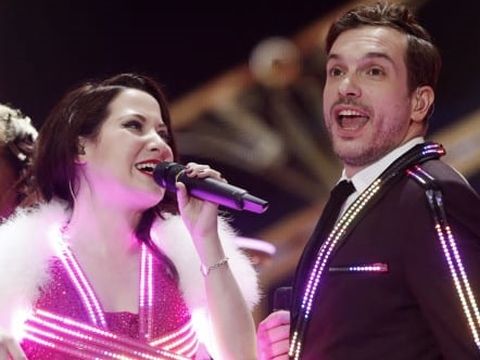
2015 Still In Love With You – Electro Velvet
After 2014’s approach fell flat, a much more low key (if that were possible) approach by BBC for the sixtieth contest. An invitation for submissions from all-comers that ended with Bianca Nicholas and Alex Larke getting the ticket to Vienna with their “electro swing”.
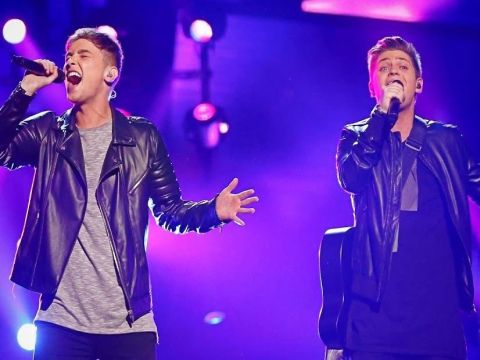
2016 You’re Not Alone – Joe and Jake
The first UK public selection since 2008 saw 2015 The Voice entrants Joe Woolford and Jake Shakeshaft win the ticket to Stockholm. Despite a decent set of points from the juries (including a twelve from Malta) the public vote sent them down to 24th at the end of the night.
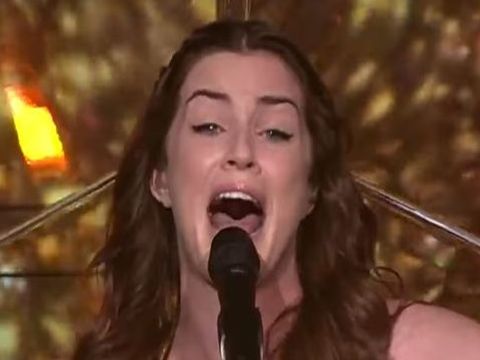
2017 Never Give Up On You – Lucie Jones
Lucie was a finalist in X Factor 2009 when she was controversially voted off vs the infamous Jedward. She carried the UK’s hopes to Kyiv in a year that marked sixty years since our debut, fifty since our first win and twenty since our last. After the jury votes were announced Lucie was in a very creditable tenth place, but (as in 2016) the televote was much lower, dragging it down to fifteenth overall.
